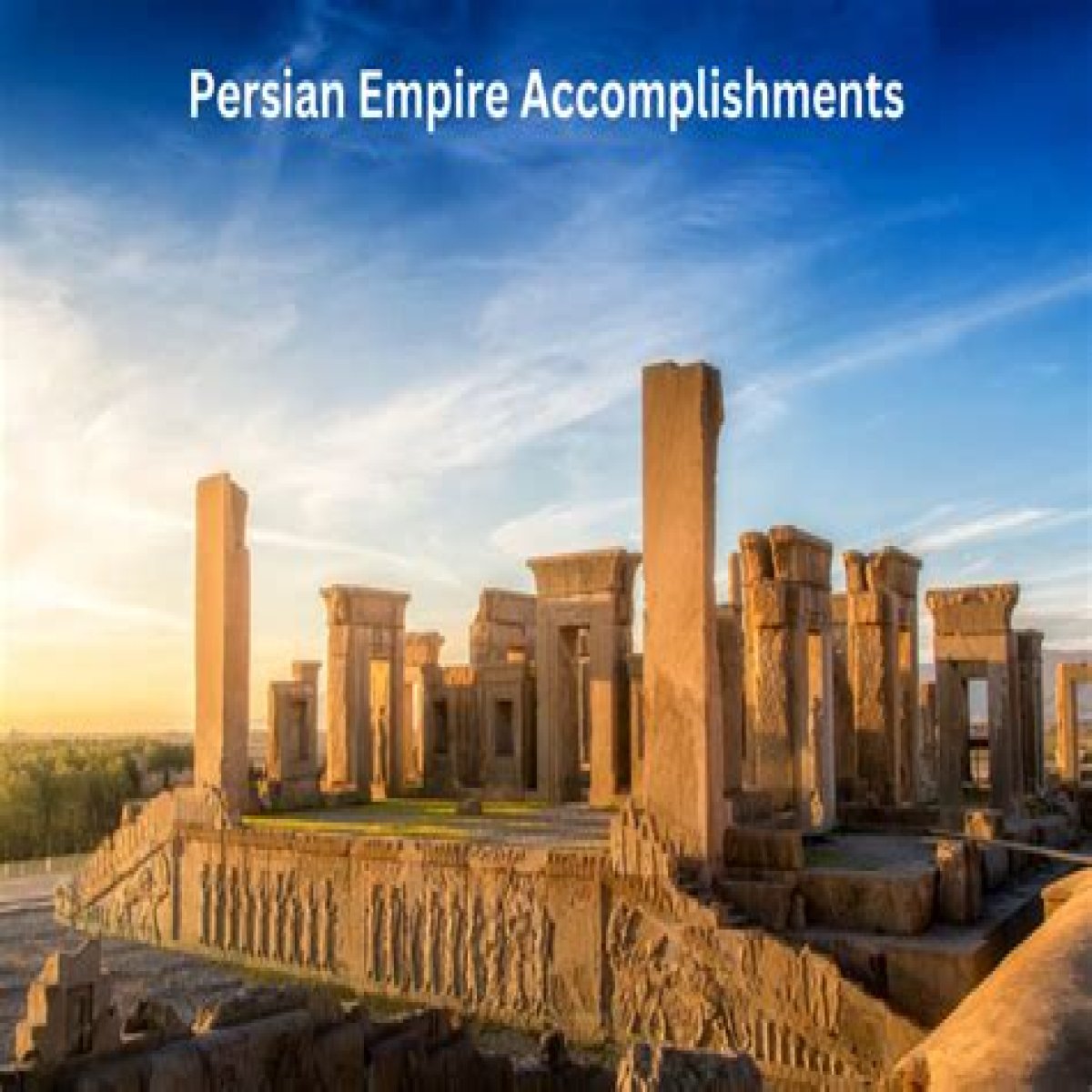What type of government was used in the Persian Empire?
Type of Government Based in what is now Iran, the Persian Empire combined an absolute monarchy with a decentralized administration and widespread local autonomy.
Was the Persian Empire a democracy?
Early Iranians had their own regional elected councils. By the time of the Medians, the city-states were administered in a democratic fashion. During the Achaemenids, in a debate over the constitution of Iran, Otanes argued in favor of democracy, however he did not succeed.
How was ancient Persia governed?
The Persian Empire was first formed in 550 BCE when Cyrus the Great began his conquests. In order to administer this empire, the Persians developed a series of satrapies, or governmental provinces. Each province was ruled by a satrap who was a vassal to the King of Kings, or emperor.
Did the Persians rule the world?
Under the leadership of Cyrus the Great, Persia ruled the world’s first true empire, centered in Iran and stretching from Europe to Egypt to India.
What country had the biggest empire?
The British Empire
When did Britain rule the world?
The British Empire comprised of Britain, the ‘mother country’, and the colonies, countries ruled to some degree by and from Britain. In the 16th century Britain began to establish overseas colonies. By 1783, Britain had built a large empire with colonies in America and the West Indies.
How was Darius able to maintain control of such a large empire?
Darrius was able to maintain control of such a large empire because he established a different currency for each of the provinces, he adopted a monotheistic religion and he founded the construction of across his empire.
Why did Darius establish a road system within his empire?
Darius built the road to facilitate rapid communication throughout his very large empire from Susa to Sardis. Mounted couriers of the Angarium were supposed to travel 1,677 miles (2,699 km) from Susa to Sardis in nine days; the journey took ninety days on foot.
What empire did Darius the Great rule?
Persian Empire
Did Themistocles kill Darius?
No. The true story behind 300: Rise of an Empire reveals that Themistocles did not kill Xerxes’s father, King Darius I of Persia (Darius the Great), with an arrow at the Battle of Marathon. King Darius died approximately four years later in 486 BC of failing health.
How many did 300 Spartans kill?
One of the all-time great stories of ancient history involved the defense of Thermopylae, when a narrow pass was held for three days against a vast Persian army by just 300 Spartans, 299 of whom perished.
Why was Salamis a difficult place for the Persians to fight Group of answer choices?
Why was Salamis a difficult place for the Persians to fight? The narrow channel made it hard for the Persians to move their ships around. They pretended to retreat before surrounding the Persians. They used wooden rams to destroy the Persians’ boats.
Why was Salamis a difficult place for Persians to fight?
Why was Salamis a difficult place for the Persians to fight? The mountainous land made it hard for the Persians to travel through it. The large body of water made it hard for the Persians to get safely onto land. The narrow channel made it hard for the Persians to move their ships around.
Why did the Ionians revolt against Persia?
Ionian revolt, uprising (499–494 bce) of some of the Ionian cities of Asia Minor against their Persian overlords. Darius I of Persia used Athens’s involvement as a pretext for his invasion of Greece in 490, initiating the Greco-Persian Wars, which resulted in a stronger Athenian influence in western Anatolia.
What destroyed the Persian fleet?
The Persians met the Greeks in battle over a period of three days in August 480. At sea a detachment of 200 Persian ships attempted to surprise the Greek fleet, but the Greeks, forewarned, engaged the main Persian navy. That night a tremendous storm destroyed the Persian squadron while the Greeks were safely in port.
Did Sparta win against Persia?
Although the Greeks finally beat the Persians in the Battle of Platea in 479 B.C., thus ending the Greco-Persian Wars, many scholars attribute the eventual Greek success over the Persians to the Spartans’ defense at Thermopylae.
Did the Persian empire ever conquer Greece?
The wars between Persia and Greece took place in the early part of the 5th century BC. This humiliation led to the attempt to conquer Greece in 480-479 BC. The invasion was led by Xerxes, Darius’s son. After initial Persian victories, the Persians were eventually defeated, both at sea and on land.
